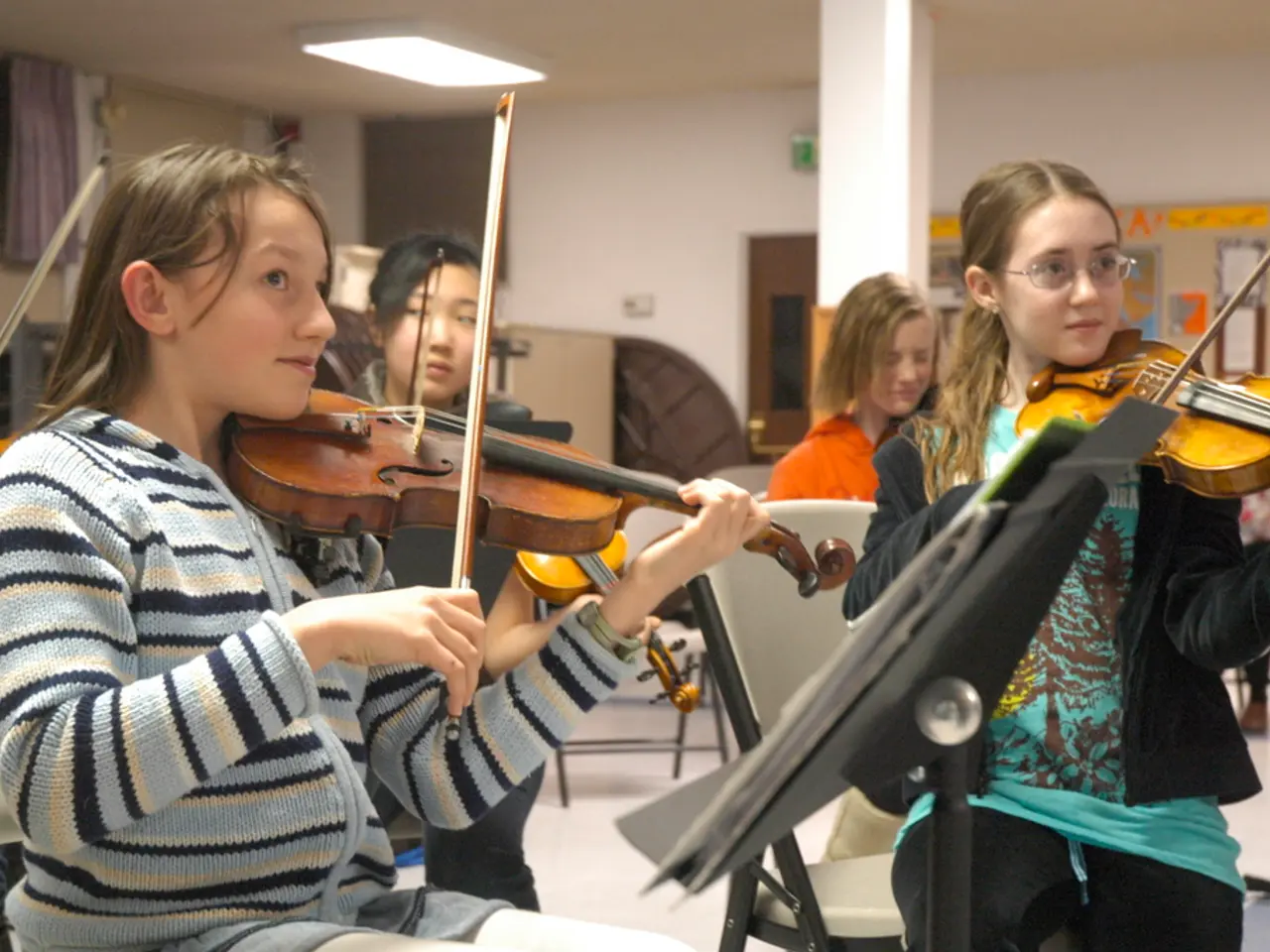Nordic & Baltic Supreme Courts Meet in Helsinki to Discuss Reforms Amidst Caseload Shifts
Heads of supreme courts from Nordic and Baltic countries gathered in Helsinki to discuss judicial practices and reforms. The meeting comes amidst changes in caseloads and procedures across the region.
Nordic supreme courts are generalist in nature, handling both civil and criminal cases. However, the number of civil cases has been falling, while administrative cases have increased. For instance, in Sweden, the Supreme Court handles only 6% of appeals, reflecting the trend.
In Finland, a reform in April 2023 allows lower-instance courts to seek binding preliminary rulings from the Supreme Court. Meanwhile, Lithuania uses a computer program to distribute cases among judges based on workload and specialization. In Denmark, leave to appeal to the Supreme Court is decided by an independent board.
The meeting also addressed disciplinary issues. In 2021, a judge at the Supreme Court of Latvia was convicted for lack of supervision and disciplinary failures. Similarly, Sweden's Supreme Court recently convicted and sentenced a lower court president for inadequate supervision.
Criminal case decreases were noted in Lithuania and Latvia. However, the meeting also discussed the need for vigilance in maintaining judicial standards and efficiency.
The Helsinki meeting highlighted trends and reforms in Nordic and Baltic supreme courts. While caseload shifts and disciplinary issues were discussed, the focus remained on maintaining high standards and efficient case management. The meeting underscored the importance of continuous dialogue and reform among the region's judiciaries.
Read also:
- United States tariffs pose a threat to India, necessitating the recruitment of adept negotiators or strategists, similar to those who had influenced Trump's decisions.
- Weekly happenings in the German Federal Parliament (Bundestag)
- Southwest region's most popular posts, accompanied by an inquiry:
- Discussion between Putin and Trump in Alaska could potentially overshadow Ukraine's concerns







